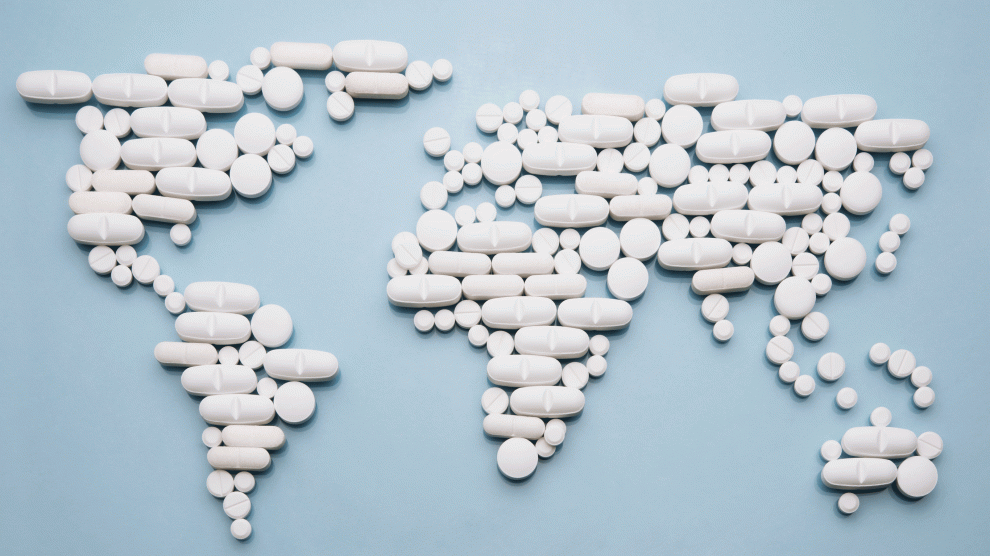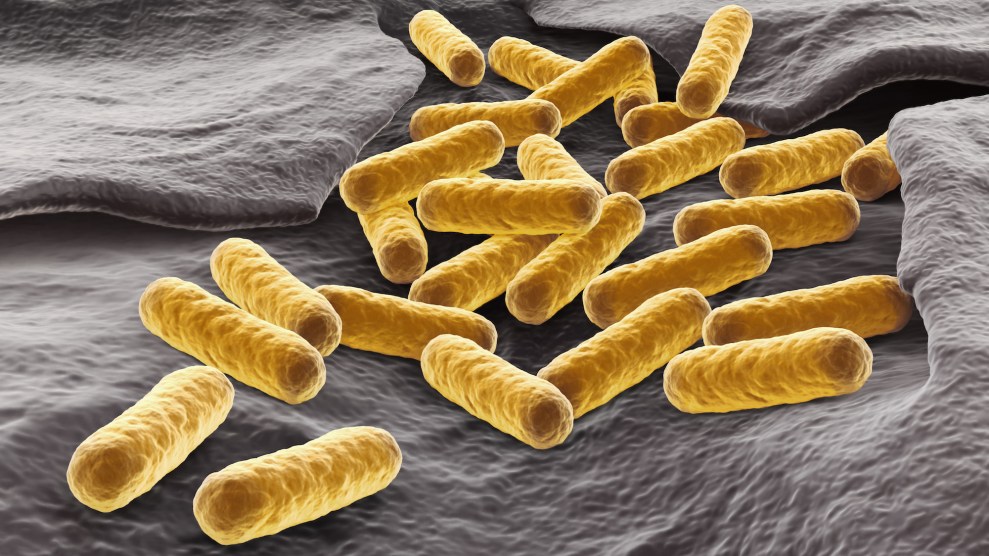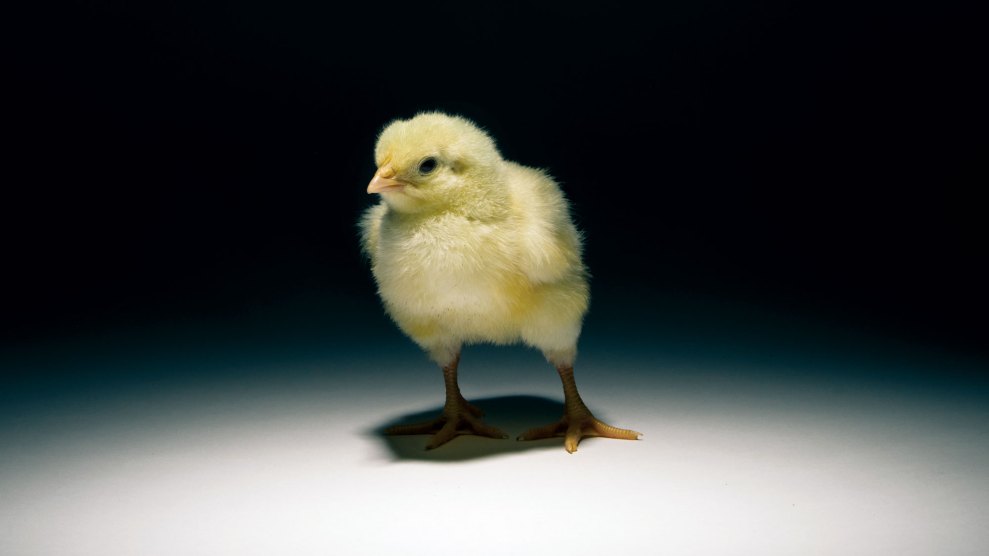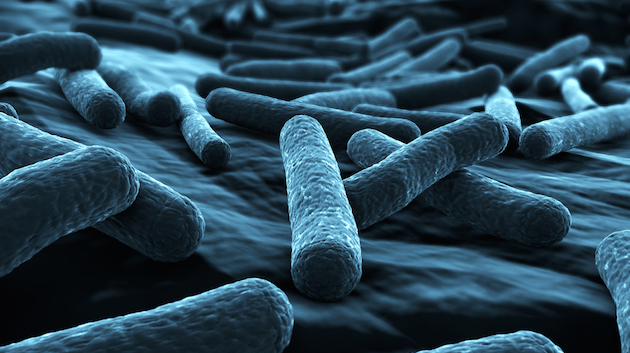
<p><a href="http://www.istockphoto.com/photo/world-map-medicine-gm470883812-62373490?st=_p_world%20drugs" target="_blank">Pogonici</a>/iStock</p>
All 193 countries in the United Nations—including the United States—have signed a declaration vowing to combat the the “biggest threat to modern medicine,” the unraveling of antibiotics as a tool for fighting human infections.
The agreement was reached Wednesday morning, just before the UN’s general assembly convened a “high-level meeting on antibiotic resistance” at its headquarters in New York City—”only the fourth health issue to trigger a general assembly meeting,” according to The Guardian.
According to BBC, here is what the countries agreed to do:
• Develop surveillance and regulatory systems on the use and sales of antimicrobial medicines for humans and animals
• Encourage innovative ways to develop new antibiotics, and improve rapid diagnostics
• Educate health professionals and the public on how to prevent drug resistant infections
By mentioning regulation of antibiotics in animal medicine, the declaration acknowledges the connection to meat production, which I teased out here.
The move establishes antibiotic resistance as a threat similar to climate change: one that requires global coordination. That’s because antibiotic resistant pathogens, which currently kill at least 700,000 people per year globally, move rapidly across borders, as I’ve shown here and here.
In a statement last week, Keiji Fukuda, an antibiotics expert at the UN’s World Health Organization (WHO), laid out the problem in stark terms. “The emergence of antimicrobial resistance really threatens to send us backwards—to have infections once again become a much larger killer of people,” he said. “By 2050, estimates indicate more people could die from antibiotic resistant infections than those who currently [die] from cancer. This is a surprising comparison, this means that almost 10 million people would die from infections because they those couldn’t be treated anymore.”









